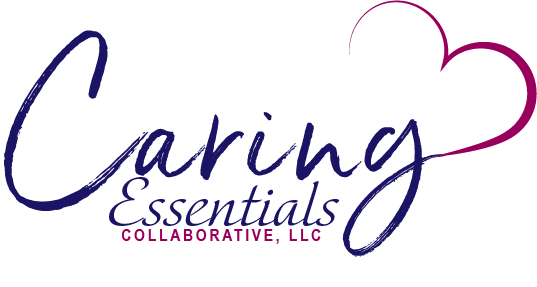What we don't know does hurt!
I recently was tagged in a post of a family whose baby is in the NICU. The tag was alerting me to the use of an unusual term, 'compassionate neglect'.
The parents of this extremely premature infant were instructed to practice 'compassionate neglect' by the nurse who reassured them that their baby was too immature to suffer any adverse social consequences from the neglect.
She was too sick to be touched or held by the parents.
What we don't know CAN AND DOES HURT!

We have such an incredible responsibility to fully understand the implications and consequences not only of the unmet socio-emotional needs of the patients and families we serve, but also the language we choose.
The definition of neglect is a failure to give sufficient attention to something that merits attention; a failure to care for something/someone who requires care.
Neglect is a form of maltreatment!
I understand these words trauma, neglect, maltreatment make us feel uncomfortable, but in most instances these words represent the lived experience of those we serve in healthcare.
Just because we don't like or use these words doesn't mean that our patients and their families aren't living these words.
“Trauma, by definition, is unbearable and intolerable … We all want to live in a world that is safe, manageable, and predictable, … victims remind us that this is not always the case. … we have to overcome our natural reluctance to confront that reality and cultivate the courage to listen to the testimonies of survivors.” - Van Der Kolk, (2015)
A victim (according to Merriam-Webster) is one that is acted on and usually adversely affected by a force or agent. Patients cared for in settings that do not recognize and respond to trauma, both physical and interpersonal, can be viewed as victims.
What is it about healthcare that thinks it's OK to dismiss an infant's biological need for love, connection and compassion?
How is it that healthcare professionals are unable to stay current in their practice, not just from a biomedical perspective, but from a whole person perspective.
The AAP's technical report on the life-long consequences of early life adversity and toxic stress was published in 2012! This information is not new but deeply and profoundly relevant to those who care for vulnerable infants and families in crisis!
Would we condone 'compassionate neglect' in any other kind of setting?
I realize how fragile these tiny individuals are, but I also realize how resilient they are when they are surrounded by love and the loving presence of their parents.
I first witnessed the true power of love back when I was a bedside nurse working the night shift at the Brigham and Women's Hospital in Boston.
I was caring for an incredibly sick, premature infant whose condition was complicated by intrauterine growth restriction. She was on maximal life support. On the oscillator, requiring 100% oxygen, dopamine, epinephrine and I can't remember what else and she wasn't responding and hadn't been responding for hours on end.

The decision was made to redirect care and before we withdrew life-support I was allowed to 'let' the parents do skin-to-skin care. It would be the first time they were to hold their baby since her birth, some 20 odd days earlier.
With the help of my colleagues, we moved this tiny, intubated infant onto the chest of her mother and then gave the family some privacy to say their goodbyes.
I worked on my documentation.
Just after a few minutes of skin-to-skin the baby's alarms went off. As I approached the bedside I could see that the baby's oxygen saturation was reading 100%. I silenced the alarm, reduced her supplemental oxygen and went back to my documentation.
This happened repeatedly over the new few hours; her alarms would ring and I would respond by turning down her oxygen, then decreasing her pressor support and by the time the sun came up in the morning it became clear this infant had no intention of dying.
That night I bore witness to the true power of love!
"Psychosocial deprivation within any caregiving environment during early life must be viewed with as much concern as any debilitating childhood disease." Johnson & Gunner, 2011
This example is not unique and has been replicated in NICUs all around the world repeatedly over the last 30 years.
The science is there, the research has been completed, the protocols, recommendations and guidelines all published and still struggle to do the right thing by the incredibly fragile humans we have sworn to serve.
Enough is enough!
Trauma informed developmental care MUST BE a standard of care for ALL infants cared for in healthcare setting s and beyond. ALL healthcare professionals MUST have the knowledge and competence to deliver this care consistently and reliably to preserve and protect the lives of the babies and families in crisis.
We can no longer sacrifice kindness, compassion and connection at the altar of efficiency and the bottom life.
Lives are at stake; the future of our society and our world is in jeopardy if we fail to act NOW and change the existing paradigm.
Join me and our pilot cohort of transdisciplinary professionals on the journey to become CERTIFIED TRAUMA INFORMED PROFESSIONALS !
Our goal is to certify 1000 professionals in 2021. Each certified professional brings the standard of trauma informed developmental care one step closer to reality, one step closer to touching the lives of every baby, every family and every clinician around the globe.
Despite our greatest intentions as NICU clinicians, outcomes span the spectrum of excellent to devastating.
Mitigating the trauma experience for high-risk infants and families goes beyond the day-to-day medical care. Survivors of complex trauma endure a legacy that impacts attachment, biology, affect, psychology, behavior control, cognition and a sense of self.
The suffering we alleviate through the adoption of a trauma informed approach goes beyond the physical; it is the emotional, psychological and spiritual suffering humans experience in crisis that must be alleviated.
Becoming trauma informed is a continuous journey of self-discovery and growth moving towards excellence. Each moment is an invitation to become more trauma informed, more openhearted, more knowledgeable, more courageous than the moment before.
Apply Coupon code: COMPASSION2021 and receive $500.00 off our standard tuition.
We welcome teams to enroll together and take advantage of our group discounts:
- 5% discount for teams of 5 or more
- 10% discount for teams of 10 or more
- 15% discount for teams of 15 or more
- 20% discount for teams of 20 or more
This is an invitation to reignite passion and purpose to bring meaningful connection to each other and those we serve.
For any questions or more details, please don't hesitate to connect
Join Caring Essentials as we create a kinder, more connected and compassionate world together!
Thanks for reading me.
Take care and care well,
Mary
Share if you Care...
You may also enjoy...











